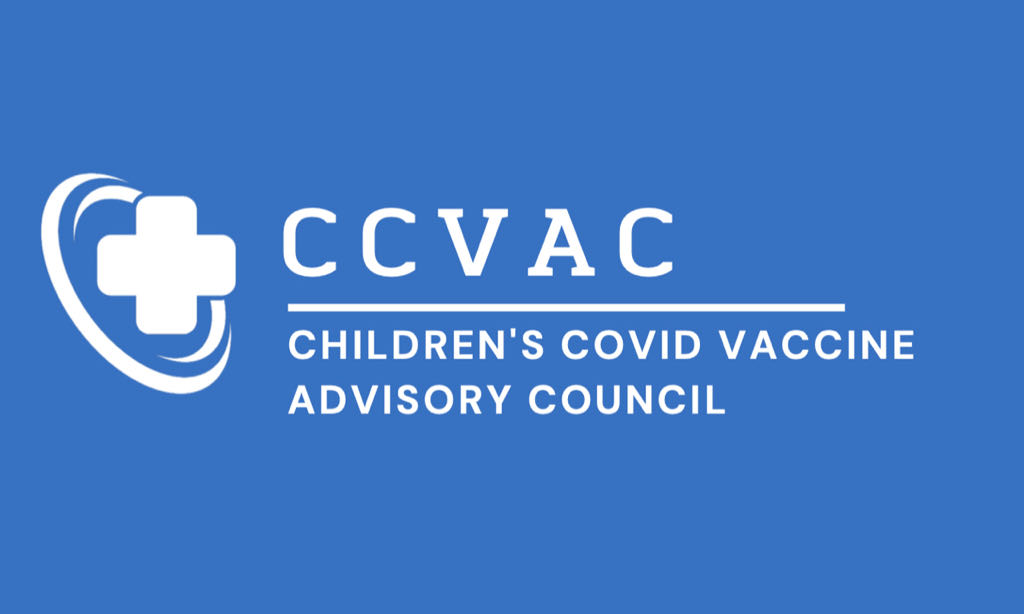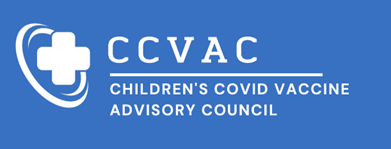
An interesting correspondance with the Medical Defence Union
To: The Medical Defence Union
24th August 2022
Dear MDU advisor,
I and a large group of doctors have ongoing concerns about the risk:benefit balance of covid-19 vaccines particularly in children. We have been in correspondence for well over a year with the MHRA, the JCVI and the Secretary of State but never get replies with any serious answers to our concerns. Although I am retired, most of the signatories on these letters are still working and there is real anxiety about the process of obtaining fully informed consent and on who is liable if a patient comes to harm. In particular, there is now guidance from the UKHSA which suggests that if a patient develops myocarditis from the first dose of vaccine but appears to have fully recovered, they can still have the second dose 12 weeks later.
If I think back to reading the annual MDU horror stories, failing to inform the patient of risks was always high on the list. Imagine a patient has penicillin allergy listed on their records and the GP just asks if the rash has gone away and then gives penicillin again with a resultant anaphylactic reaction, I think the MDU would be advising to settle out of court.
Interestingly the most serious reply we have had, was from the GMC who agreed that there is a duty of care to explain all potential risks and uncertainties.
I spoke to one of your colleagues earlier who asked me to write, sending some of the letters. There are rather a lot of them, but the latest letter to Stephen Barclay, the new Secretary of State at the DHSC https://www.hartgroup.org/open-letter-to-the-secretary-of-state-for-health-social-care/?swcfpc=1 has links to previous letters.
I am also attaching the letter we have recently written to Dr Jenny Harries about the myocarditis guidelines for which we have had no reply as yet. https://www.hartgroup.org/open-letter-covid-19-vaccine-associated-myocarditis-a-cumulative-risk/?swcfpc=1
Also, the letter from the GMC https://www.hartgroup.org/gmc-reply-07-12-2021/?swcfpc=1 .
Many thanks for any advice you can give on the levels of liability for members if they have read information which they do not then pass on to their patients, or conversely if they simply haven’t read any of the literature but just follow the UKHSA guidelines. Usually, they won’t have even written the prescription which may have been a patient group directive, but are administering it nevertheless, which would imply to the patient that the doctor agrees that it is ‘safe and effective’.
Yours sincerely,
Dr Rosamond Jones, retired consultant paediatrician
Convenor of Children’s Covid Vaccines Advisory Committee (CCVAC)
Spokesperson for the Health Advisory and Recovery Team (HART)
31st August 2022
Dear Dr Jones,
Thank you for your correspondence to the MDU dated 24th August 2022 following your telephone conversation on the advice line with my colleague Dr Kavadas. I am sorry that you have been troubled by this matter and am able to respond within the terms of the Articles and Memorandum of Association of the MDU.
My understanding is that you are a retired paediatrician. You are a member of two groups of like-minded colleagues (HART and CCAVC) both of which have raised concerns regarding the vulnerability of colleagues with regards to the safety of paediatric covid vaccines and the risks of myocarditis .
You are seeking the views of the MDU with regards to issues of how we would advise our members with regards to any liability arising from the obtaining of consent for such vaccinations.
As the MDU is a membership organisation you will understand that we can only advise our individual members. The advice we provide would generally relate to medico-legal matters arising from the clinical care provided to individual patients.
You will also be aware that any potential claims arising from the administration of Covid vaccines would be dealt with by the state backed indemnity scheme, which has responsibility for claims arising from the clinical care of patients in general practice since the 1st of April 2019. There is also a Vaccine Damage Payout Scheme. The general experience of the MDU when dealing with claims in general is that each case will turn on the circumstances of that case. Whilst the consent process may form part of any claim, its specific relevance and importance will depend on the case itself.
I note with interest the correspondence sent to the Department of Health and Social Care and their response and understand that you have written to Dr Jenny Harries but are awaiting her response.
The GMCs response to your letter of 10 December 2021 sets out clearly the professional framework around obtaining of consent, and I will not reiterate their guidance, with which I am sure you are familiar.
Given that clinical negligence claims will be brought in the context of the state backed scheme, in terms of your central question of liability for an individual doctor I think rests with whether they are likely to face regulatory action or scrutiny at another process- such as an inquest.
It is of course the case that any registered practitioner may have to explain their actions to their regulator or in a public process such as an inquest. The peril they face from having read information which they do not then pass on to their patients, simply following UKHSA guidelines is also difficult to assess in hypothetical terms. However, I am happy to make some general observations below:
The GMC’s consent guidance from 2008 and the judgment in Montgomery made it clear that healthcare professionals must take in to account the individual patient – tailoring the assessment and discussion of risks and benefits to the individual who is seeking treatment. This approach was further emphasized in their updated guidance – Decision Making and Consent, published in 2020. The GMC’s response to your letter also comments upon on the process of obtaining of consent when all of the risks and benefits may not be fully known.
In any new area of medicine (and matters relating to coronavirus have illustrated this perhaps most clearly) there will be much new published information – the application of which might be a matter of debate or not clear to the individual practitioner; in that setting we would hope to be able to robustly defend any member who was following authoritative guidance in effect at the time of their actions.
Our members who have concerns regarding individual consent issues are welcome to contact us with any such queries.
I hope that my comments are of help. Please quote file reference 2210081-00 on all correspondence
Yours sincerely
Sarah Jarvis
Dr Sarah Jarvis
Medico-Legal Adviser

